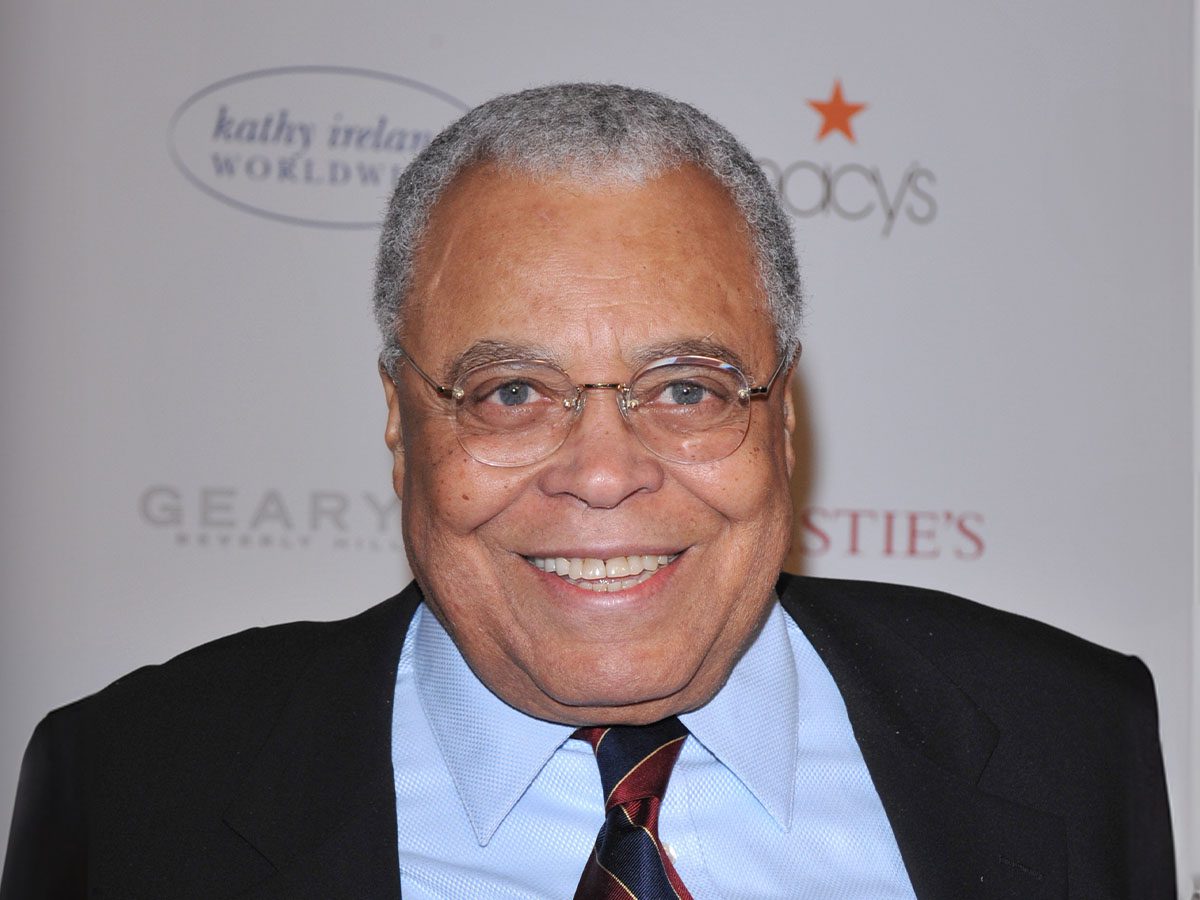
You can’t think of James Earl Jones without hearing his voice. That booming basso profundo, conveying instant dignity or menace, was Jones’ signature instrument. His deep, resonant tones brought a powerful presence to the stage and screen, most notably as the iconic voices of Darth Vader in “Star Wars,” Mufasa in “The Lion King,” and more.
James Earl Jones’ voice, however, is only one of the countless aspects of his remarkable career that the world will remember. On Monday, at the age of 93, Jones passed away surrounded by his family. While no cause of death has been announced, the loss is profound, as his legacy spans over six decades in Hollywood, theater, and television, leaving an indelible mark on the entertainment world.
Born on January 17, 1931, in Arkabutla, Mississippi, James Earl Jones had acting in his blood. His father, Robert Earl Jones, left the family early on but later found success in acting, appearing in movies like “The Sting”. As a young boy, Jones moved with his family to Michigan, where the trauma of displacement triggered a severe stutter, leading him to remain almost mute for years.
It was in high school that Jones found his voice again, thanks to a poetry teacher who encouraged him to read his poems aloud. This seemingly small act led to Jones discovering not only the beauty of words but also the power of speech. That transformation sparked his lifelong passion for performance, leading him to study drama at the University of Michigan.
After serving as an Army Ranger, Jones moved to New York, where his career took off. From Shakespearean roles on stage to his film debut in Stanley Kubrick’s “Dr. Strangelove” (1964), Jones’ talent was undeniable.
Jones’ breakthrough came in 1967 when he played boxer Jack Johnson in the stage production of “The Great White Hope.” His portrayal of the African-American fighter who challenged racial barriers earned him a Tony Award. Three years later, he reprised the role in the film adaptation, earning an Academy Award nomination. Jones became only the second African-American actor, following Sidney Poitier, to achieve this honor.
Though he would go on to portray countless characters, it was his voice that cemented his place in cinematic history. In the mid-1970s, George Lucas, the creator of “Star Wars”, cast Jones to provide the voice for the villainous Darth Vader. The film’s director sought a voice that carried more menace than that of actor David Prowse, who portrayed the character physically. Despite initial disagreements over how Vader should sound, Jones’ distinctive voice gave the villain his menacing presence, making him one of the most iconic characters in film history. His delivery of the unforgettable line, “No, I am your father!” in “The Empire Strikes Back” (1980) remains a pivotal moment in pop culture.
Despite the widespread recognition that followed, Jones revealed that he wasn’t initially credited for his work on “Star Wars” and was paid only $7,000 for his voice work. Yet, Jones’ contribution to the franchise went far beyond monetary gain. He reprised his role multiple times throughout the series, most recently in Disney’s 2022 “Obi-Wan Kenobi” series.
While Darth Vader brought James Earl Jones widespread recognition, it was the role of Mufasa in Disney’s “The Lion King” (1994) that showcased a different side of his talent. As the wise and noble father figure to Simba, Jones’ voice lent both warmth and authority to the character. Initially, Jones tried to make Mufasa sound regal, but directors urged him to channel his own experiences as a father.
“They said, ‘What are you like as a father?’ and I said, ‘Well, I’m really a dopey dad,'” Jones recalled. The result was a beloved character that resonated with audiences worldwide. Jones would later reprise the role in Disney’s 2019 live-action remake, becoming the only original cast member to return for the new version.
Beyond “Star Wars” and “The Lion King”, Jones’ filmography is vast and varied. He portrayed everything from warlord Thulsa Doom in “Conan the Barbarian” (1982) to an African king in “Coming to America” (1988), a role he revisited in “Coming 2 America” (2021). His versatility extended to dramas such as “Field of Dreams” (1989), where he starred alongside Kevin Costner, and “The Hunt for Red October” (1990), where he played Admiral Greer.
Jones was also a constant presence on television, lending his voice to everything from “The Simpsons” to documentaries and audiobooks. His recording of the King James Bible became a favorite among listeners. Through the years, he made guest appearances on popular series like “L.A. Law” and even graced children’s programming like “Sesame Street”.
On stage, Jones continued his dedication to theater, winning additional Tony Awards and bringing his powerful voice to new generations of theatergoers.
Despite his powerful on-screen presence, Jones was known for his humble and grounded personality. He often spoke about his deep appreciation for the craft of acting and how overcoming his childhood stutter shaped his lifelong love for words.
“It wasn’t acting. It was language. It was speech,” he once said in a 1996 interview. “It was the idea that you can do a play … and say things you could never imagine saying in your own life.”
Jones’ contributions to the arts were recognized with numerous awards, including three Tony Awards, two Emmys, a Grammy, and an honorary Academy Award. He received the Kennedy Center Honors and a National Medal of Arts for his impact on American culture.
James Earl Jones’ career was a testament not only to his immense talent but also to his perseverance in the face of challenges. From overcoming a speech disorder to becoming one of the most recognized voices in the world, Jones leaves behind a legacy of grace, strength, and unforgettable performances.
As the world bids farewell to this cinematic giant, his voice will continue to echo through generations. Whether as a terrifying Sith Lord, a noble lion, or a wise king, James Earl Jones’ characters will live on, reminding us all of the power of words and the art of storytelling.


